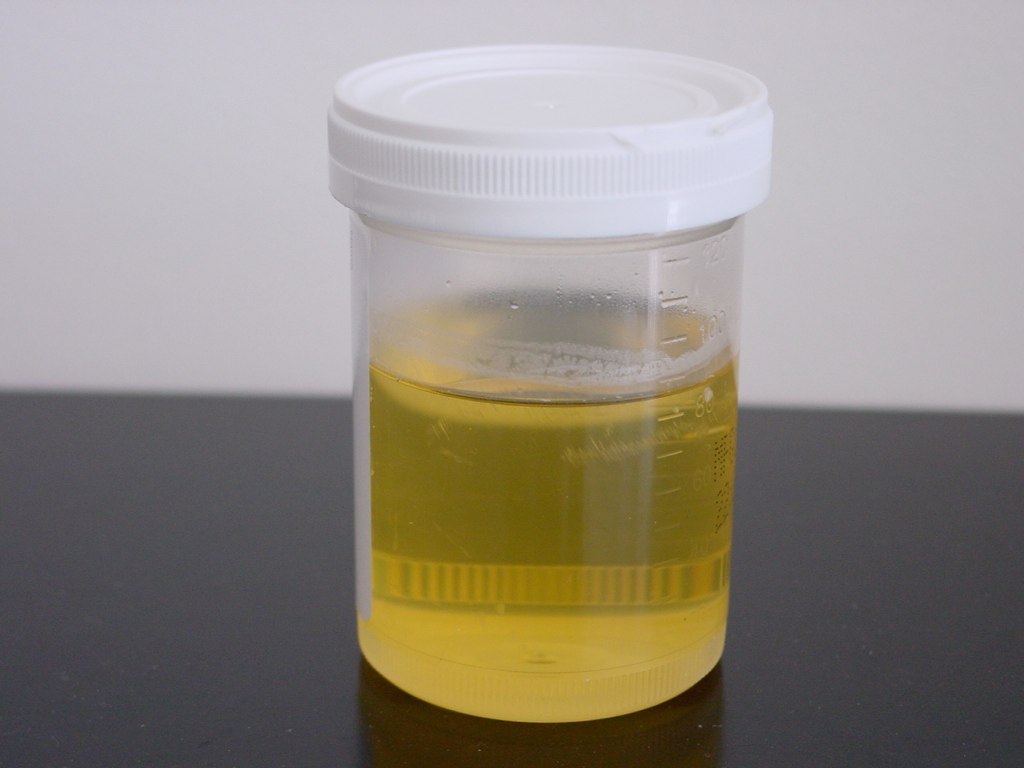Chlamydia, a type of vaginal infection, can affect men, women, and even children. Chlamydia is an STD that is caused by a specific type of bacteria called Chlamydia that lives in the outer layers of the skin. Chlamydia can be transmitted sexually and can also be acquired from sharing items such as towels, razors, and syringes. If you think you might have Chlamydia, you should immediately go to your doctor so that he or she can test you for Chlamydia and give you the proper treatment.
Chlamydia symptoms tend to occur most often in women between the ages of fifteen and forty-four. Chlamydia can have varying degrees of severity depending on who has it and where it is treated. Chlamydia can be treated with antibiotics, which will eliminate the bacteria in your body that cause the infection and any complications that may arise as a result. Chlamydia can also be treated with a combination of prescription medications and medical treatment depending on the severity of your symptoms and your doctor’s recommendations.
The most common sexually transmitted infection (STI) that occurs in women is Chlamydia. Symptoms of Chlamydia can include pelvic pain and discomfort, foul vaginal discharge, and itching. Some people may not experience any symptoms or have mild infections. If left untreated, chlamydia can lead to complications such as pelvic inflammatory disease (PID), which is a life-threatening condition that involves serious inflammation of the organs of the reproductive system. PID can also lead to infertility.
Chlamydia antibiotics are available over the counter and can treat most cases of infection. Chlamydia antibiotics are available as a cream, a pill, or a liquid solution that you spray under your tongue. Chlamydia over the counter drugs do not prevent an infection from reoccurring. Most treatments require that you wear a condom during intercourse and use another form of protection, such as a dental dam, for five years after treatment is complete.
In some cases, sexually active women who do not practice safe sex can still get chlamydia. Unprotected sex can give Chlamydia in the body a jump start, but will not protect you from re-infection if you practice unsafe sex again. To avoid having an STD, be sure to only have one sex partner and always use condoms. Do not become sexually active with multiple partners or engage in sexual activity with new or casual partners. If you practice safe sex, you reduce your risk for contracting Chlamydia. You can buy a home std test online now.
Chlamydia does not have a cure; however, there are some preventative measures that you can take to lower your risk for contracting this disease. If you think that you might have chlamydia, see your doctor. He can perform a test that will tell if your reproductive tract is infected, which will allow him to prescribe an anti-pregnant cream to help you rid the disease from your system. Chlamydia can cause major health problems if not treated, so it is imperative that you consult your doctor if you think that you have been exposed to this dangerous infection.

